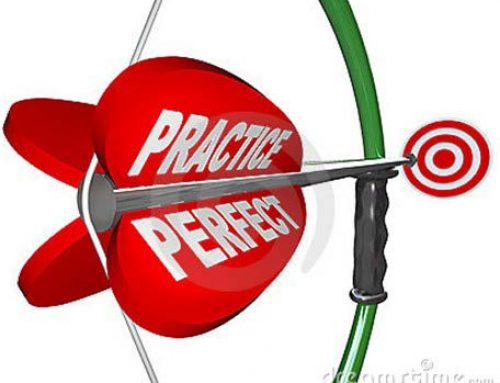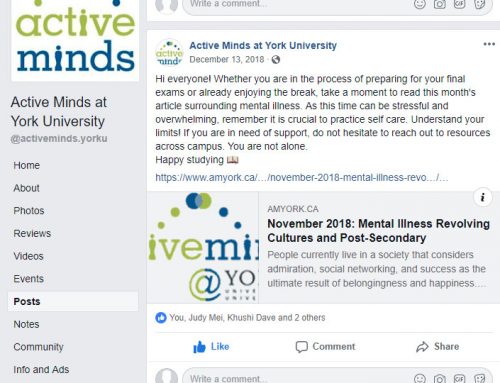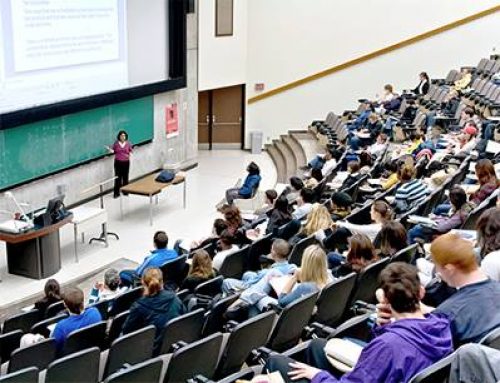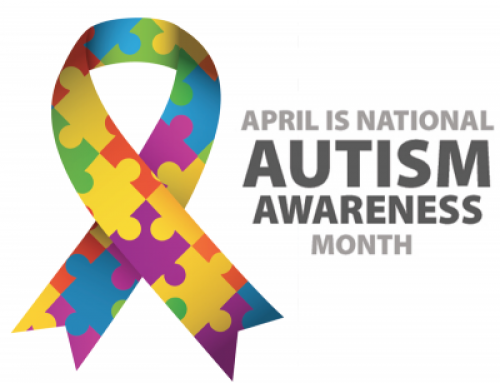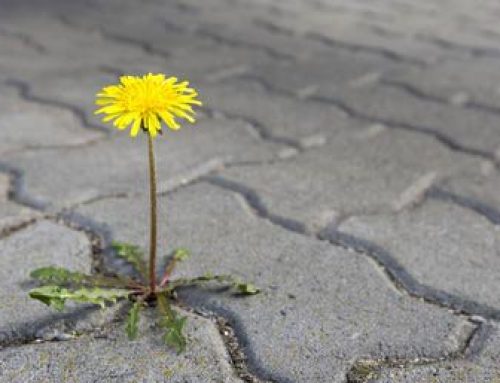The beginning of a new academic year might be full of stress and anxiety. For me, the first week back at school is always full of uncertainty. I often wonder: will my courses be too difficult? How can I adjust to a new school schedule? Will I be able to handle virtual classes? What do I do if I become overwhelmed? These tips on managing your mental health during the new school year, and how to cope with burnout if it does happen, are guaranteed to help you coast through your school year with the strategies to deal with anything that comes your way!
My first tip is to remain organized throughout the entire year. Start by writing down all of your upcoming tests, assignments, and presentations in an agenda, whether it be a physical agenda or an agenda on an online platform like the Notion app. This will keep you from cramming for assignments the night before, as you can see when you have an important assignment due well in advance! Be sure to work on these assignments as best as you can during the workweek, so that you have free time for relaxation, fun, or other activities on the weekend.
My second tip is to create a study space that works for you. Due to the pandemic, there have been times when common study spaces like libraries or cafes have been closed to the public. It’s more important than ever to have an at-home study space. This doesn’t necessarily mean an entire home office, but buying a small desk from the corner of your room, or using your kitchen table for a few hours in the evening, allows you to designate a certain area of your home to get into the study zone. Numerous studies have shown that working in nature or greenspaces can increase your mental health and academic achievement (McFarland et al., 2008; Barton & Rogerson, 2017; Foellmer et al., 2021). During the warmer months, study in your backyard, or take your textbook to a nearby park!
While it’s important to keep up-to-date on your homework, you should also make some time for an extracurricular activity. York has over 300 clubs and organizations, all you need to do is find one that fits your interests! Joining a club on-campus is an amazing way to connect with people who have similar interests and find a supportive group of friends. It’s also a great way to boost your resume, network with people in the same field as you, and learn teamwork and leadership skills that will last a lifetime. Joining a club will also help you take your mind off of homework for a short time!
It’s great to be prepared for the school year and to keep a positive attitude and open mind. However, there might be times when homework and social pressures might become overwhelming. We might not feel exhausted, not passionate about our education anymore, or like our work is not the best that it can be. The World Health Organization defines this as “burnout” (2019). There are some things you can do if you feel burnout approaching.
First, you can talk to your professors or your academic services department. Your professors are there to help you succeed, so if you feel like the assignments are too difficult, or if you need an extension, let your professors know how you’re feeling. If you feel like your university program or courses are not a right fit for you, connect with your academic advisor.
Improving your physical health will also help improve your mental health and brain function. The Centers for Disease Control and Prevention suggests that physical activity for at least 30 minutes per day is essential to improve health (2020). There are also “brain foods” you can eat to improve your mental functioning. Foods high in antioxidants and Vitamin C, such as blueberries and oranges, are found to improve memory (Jennings, 2021). Nibbling on dark chocolate is also a great mood booster and also helps mental functioning (Jennings, 2021). Be sure to incorporate these brain foods, along with physical exercise into your daily routine!
Lastly, prioritize some time for relaxation. Humans are not working machines and we cannot be productive all the time. If you are experiencing burnout, it might be best to take some time off for yourself. Put away your homework an hour or two before bed and try relaxing activities, such as trying guided meditations on YouTube, taking warm baths, yoga, or reading. If you can, maybe take a few days off from academic obligations. It’s okay to take a needed break, so you can return to your life feeling refreshed!
I hope these tips help you feel your best for the upcoming semester. Since it’s the beginning of the school year, take some time to think about what you can do to make the year more manageable!
References:
Barton, J., & Rogerson, M. (2017). The importance of greenspace for mental health. BJPsych
International, 14(4), 79-81.
Centers for Disease Control and Prevention. (2020, October 7). How much physical activity do
adults need?. CDC. https://www.cdc.gov/physicalactivity/basics/adults/index.htm
Foellmer, J., Kistemann, T., & Anthonj, C. (2021). Academic Greenspace and Well-Being — Can
Campus Landscape be Therapeutic? Evidence from a German University. Wellbeing, Space and Society, 2.
Jenning, K. (2021, June 21). 11 Best Foods to Boost Your Brain and Memory. Healthline.
https://www.healthline.com/nutrition/11-brain-foods
McFarland, A., Waliczek, T. M., & Zajicek, J.M. (2008). The Relationship Between Student Use
of Campus Green Spaces and Perceptions of Quality of Life. HortTechnology, 18(2).
World Health Organization. (2019, May 28). Burn-out an “occupational phenomenon”:
International Classification of Diseases. WHO. https://www.who.int/news/item/28-05-2019-burn-out-an-occupational-phenomenon-international-classification-of-diseases















